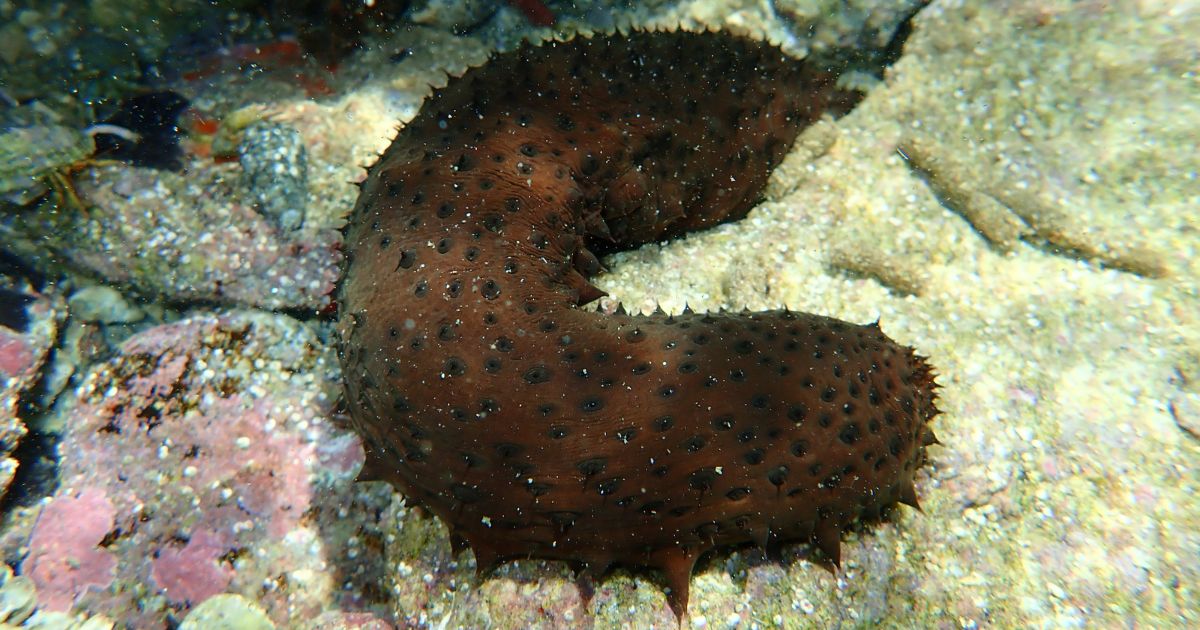Alvor tests pioneering aquaculture that brings together macroalgae, sea bream and sea cucumbers
An unprecedented project in Portugal is being born next to the Ria de Alvor. The Vale da Lama fish farm, managed by the Pescalgarve company, is implementing an innovative integrated multi-trophic aquaculture (IMTA) model, combining the breeding of sea bream and sea bass with the cultivation of macroalgae such as sea lettuce (Ulva lactuca) and sea cucumbers (Holothuroidea).
The initiative is part of the AQUADIVERSIFY project - Diversification and Sustainable Production in Integrated Multitrophic Aquaculture, with an investment of 1.4 million euros, co-financed by the COMPETE 2030 program, the Centro 2030 and Algarve 2030 regional programs, and the European Union. The consortium is led by Pescalgarve and has the collaboration of GreenColab, CCMAR - University of the Algarve and MARE.
At the heart of the project is the species Holothuria arguinensis, a native sea cucumber with enormous ecological and economic potential. These invertebrates act as real “sea vacuum cleaners”, ingesting sediments rich in organic matter and returning cleaner sand to the environment. Their action helps to reduce the acidification of habitats and improve water quality.
João Sousa, a PhD student at the Faculty of Sciences of the University of Lisbon and a researcher at MARE, is studying the growth and production potential of these echinoderms with the aim of “developing circular production that simultaneously diversifies and improves the quality of the products it puts on the market” and, above all, to show “the viability of producing echinoderms with high economic value”. The student points out that, in a multitrophic system, cucumbers grow up to three times faster than in monoculture, significantly reducing production costs.
Despite their slow natural growth, sea cucumbers prove to be highly efficient when integrated into a biodiverse system. The organic matter produced by the fish - such as feces and leftover feed - enriches the sediment, creating an environment conducive to the development of sea cucumbers. In addition, the cultivated macroalgae mitigate oxygen consumption and contribute to a more balanced and self-sustaining environment.
The fish farm in Alvor works with automated systems and carries out two weekly fishing cycles, supplying fish to the national and Spanish markets. Vieira points out that the fish raised in the Ria de Alvor has a unique taste and texture due to the average water temperature of between 18 ºC and 20 ºC.
Despite their enthusiasm for the first results, the researchers warn of the challenges ahead. Repopulating sea cucumbers in the wild, for example, requires rigorous genetic studies to avoid unwanted changes in wild populations.
Combining science, innovation and respect for nature, the AQUADIVERSIFY project wants to prove that it is possible to produce more, better and with less environmental impact. And perhaps create a new model for the future of aquaculture in Portugal.
Read the full interview with Barlavento HERE
Written by Patrícia Carvalho
